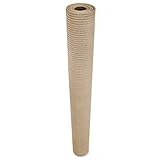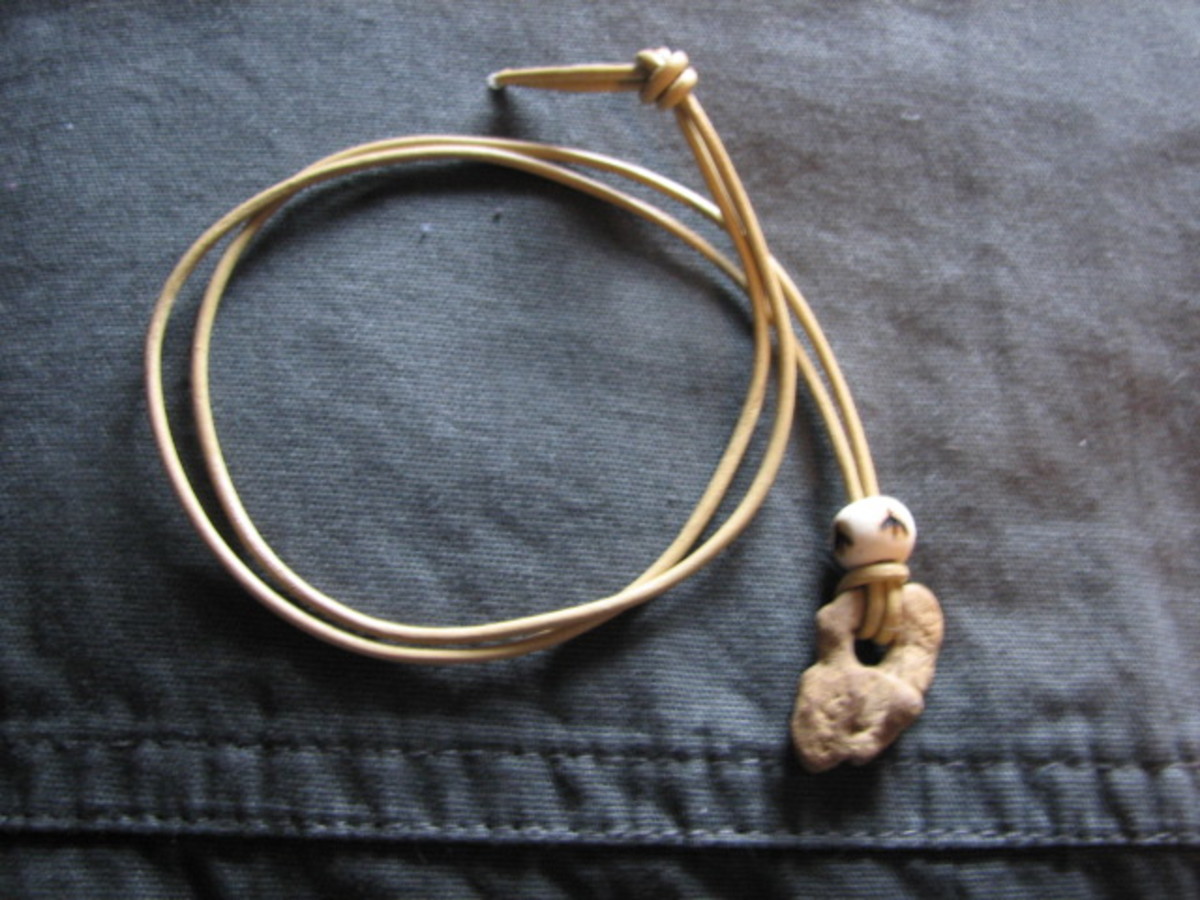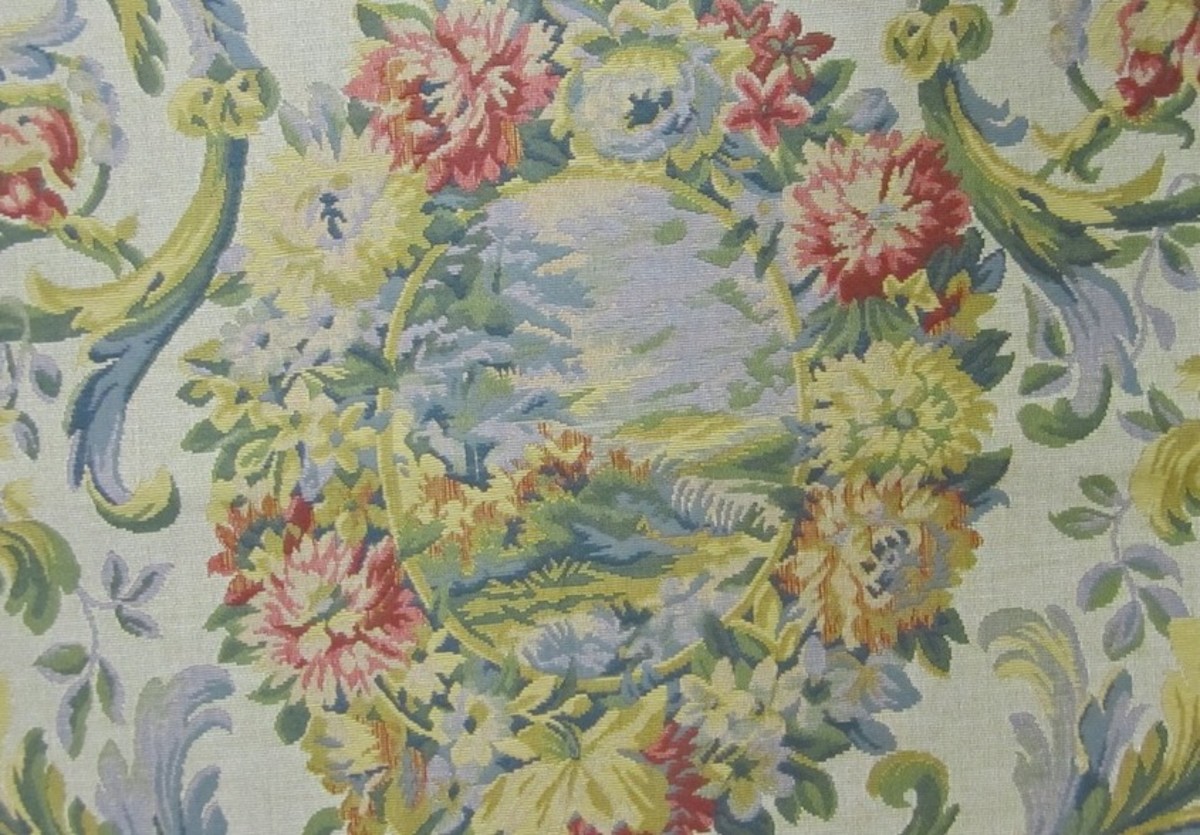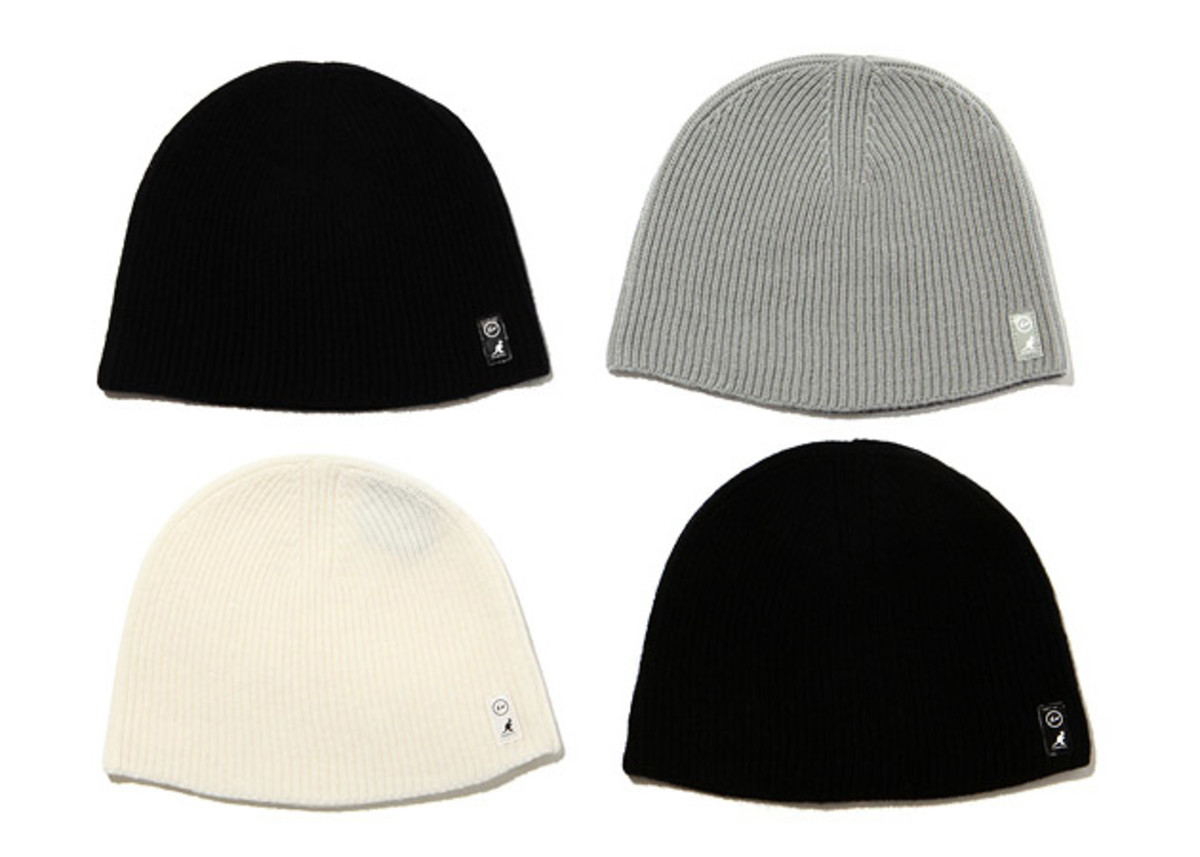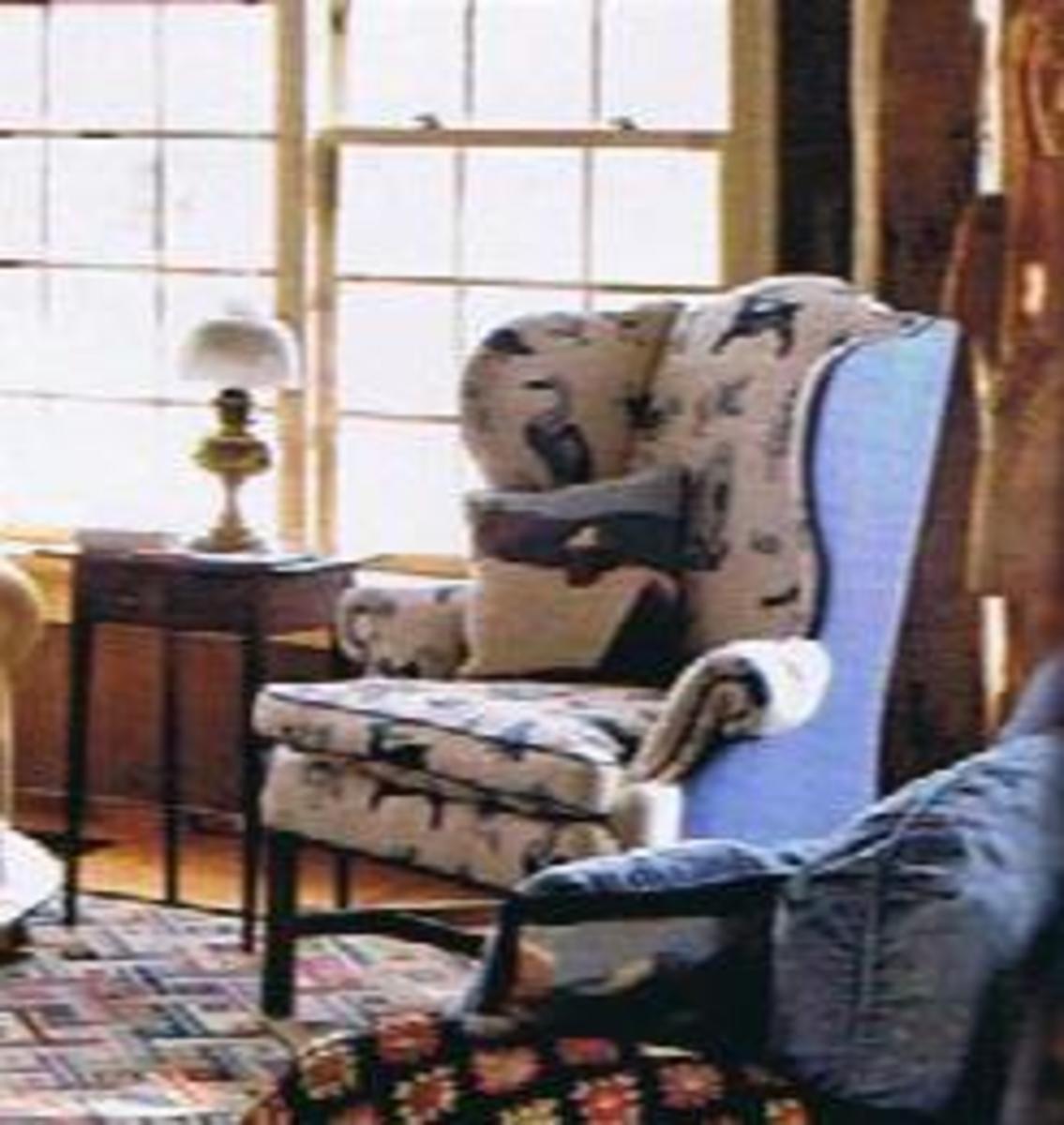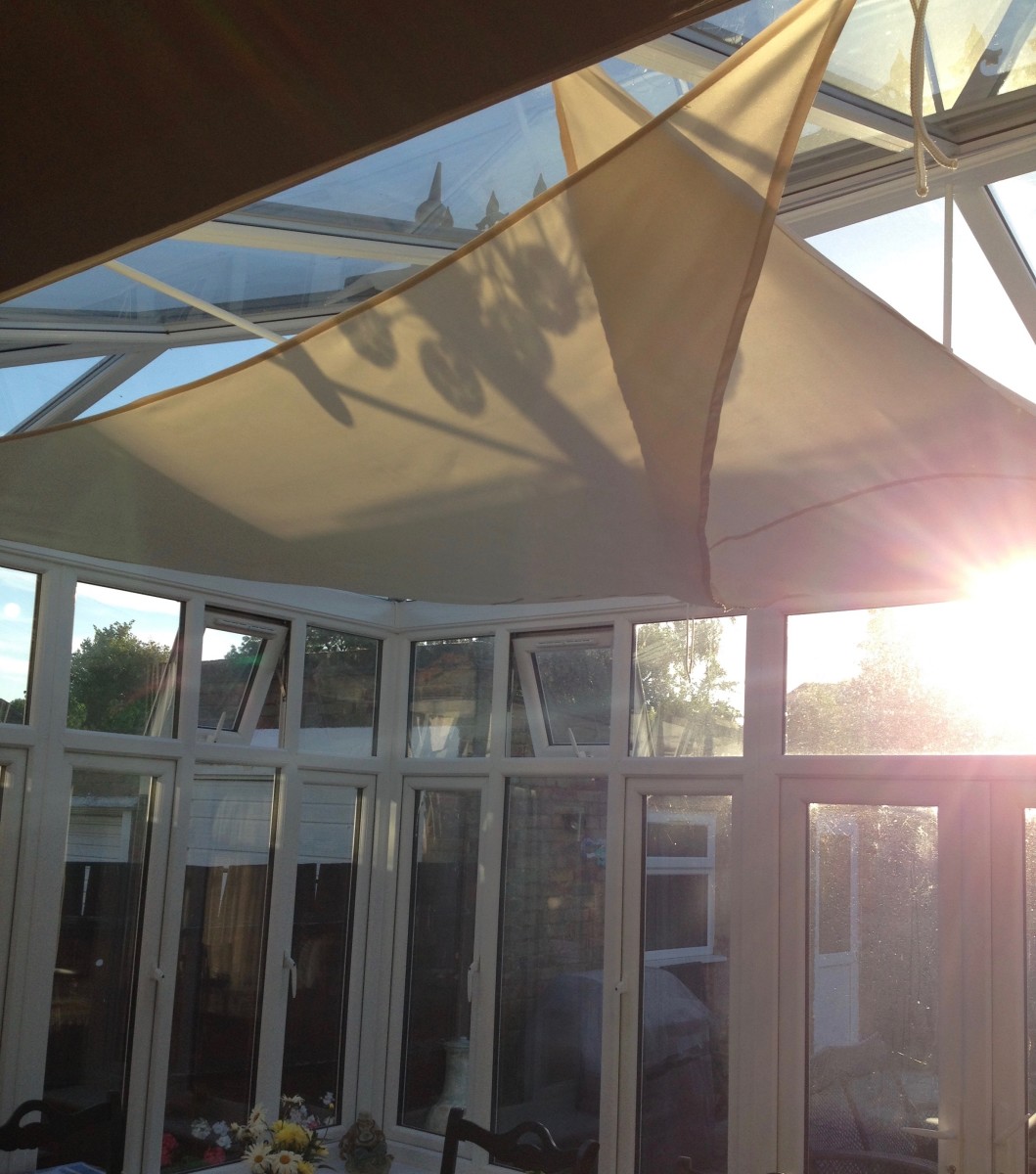Shade Cloth Guide
There’s no doubt about it, the sun is strong. And these days, we all know how damaging being out in the sun can be. Spending too much time in the sun can damage your skin and your eyes and lead to some serious health complications. The strong summer sun can also be bad for plants and animals. The ultraviolet radiation can be as harmful to family pets or farm animals as it can be for people. Plants, especially when they are young, can be damaged by the hot sun on their delicate structures.
Given the ways that the sun and its UV rays can have a negative effect on our health, people are increasingly turning to products like shade cloth to protect themselves. Shade cloth comes in a variety of types and styles, depending on what the cloth will be used for. Shade cloth is extremely versatile and is used for everything from providing shade on porches and patios to blocking out the most extreme ultraviolet radiation in greenhouses and gardens. Read on to learn the many benefits of shade cloth.
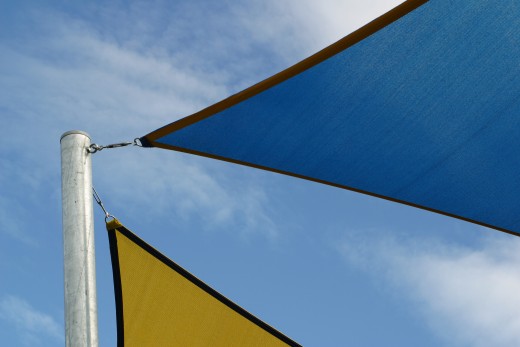
Types of Shade Cloth
As mentioned above, shade cloth is used for many different purposes. Because of this, it comes in a variety of colors and even different patterns when it is used for the home. But as you start shopping for shade cloth, what you will first notice is that there are two basic types of this cloth that most retailers carry. The two basic types of shade cloth are the woven variety and the knitted variety and both have their advantages and uses.
The woven variety of shade cloth is generally the less expensive of the two kinds. This type of shade cloth has threads that run in one direction only, thus reducing the cost of making it, with the savings passed on to the consumer. But given this design, this type of shade cloth is not as strong as the knitted variety. Woven shade cloth has a tendency to unravel at cut edges or if a hole is torn into it. Thus woven shade cloth is used mostly for agricultural purposes as a means of weed control or as a wind break, or in construction to prevent erosion. Because of these typical “working class” uses of woven this shade cloth, it generally comes only in black or perhaps a few other basic colors.
The second type of shade cloth, the knitted cloth, is the type that is more generally seen in people’s homes to shade patios and porches. The knitted shade cloth is stronger because the threads travel in two directions. This also means that the edges will not fray as they can with woven shade cloth and that any tears in the fabric will not lead to bigger holes. The appearance of knitted shade cloth is more attractive and so it tends to come in many different colors and patterns, especially when sold as a home accessory. This kind of shade cloth is more expensive than woven shade cloth but will hold up to wear and tear for a longer period.
Benefits of Shade Cloth
When used in the home, the key benefit of shade cloth is to keep an area like a deck, patio, or porch a much cooler and comfortable place to be. Many people suspend shade cloth from a pergola or other open structure over their porches. This allows some amount of light to come through and illuminate the space while keeping out the harmful UV radiation. Some varieties of shade cloth are made of materials that are designed specifically to block UV rays while permitting light to pass through.
Shade cloth is also sometimes used in the home as a privacy screen, whether between two backyards or to screen off a particular area of the home. Shade cloth can be used to make a nice changing area for a swimming pool or hot tub, allowing in some light but being too opaque to see through. Many people also use shade cloth to shade a children’s play area. Children are especially sensitive to the sun’s harsh rays.
In the garden and greenhouse, shade cloth is used to cut down on glare and heat and protect plants from drying and overexposure to the sun. Animals can also use the benefit of shade cloth. Screens of shade cloth can be constructed to keep the bright sun off of rabbit hutches and chicken coops and as a place for the family dog to while away the summer hours in the yard.
Shade Cloth for Many Uses
As you can see, shade cloth is an extremely versatile product. It can be used in the home or away, on the farm or in the family garden. Use shade cloth wherever shade is needed and protect yourself from the sun’s harmful rays.
Home Furnishing And Bedding Information
- Camouflage Bedding Information
Some of us are born outdoors-people. We love to be in the woods, love to see the trees and the animals. Some of us are hunters... - Buying Twin Bedding
Sometimes a twin bed is just the right size. For kids, a twin bed can be perfect, with plenty of room for them to stretch out... - Linen Tablecloths
There is something to the feel and look of linen tablecloths that cannot be matched by any other fabric. Linen... - Learn About Roller Shades
When it comes to window treatments, you have all sorts of options. You can go the elaborate route with fancy curtains all... - Strategies for Building with Shed Plans
Building a shed with shed plans from scratch can be a satisfying task. Once you are done, you can take a few steps back...

